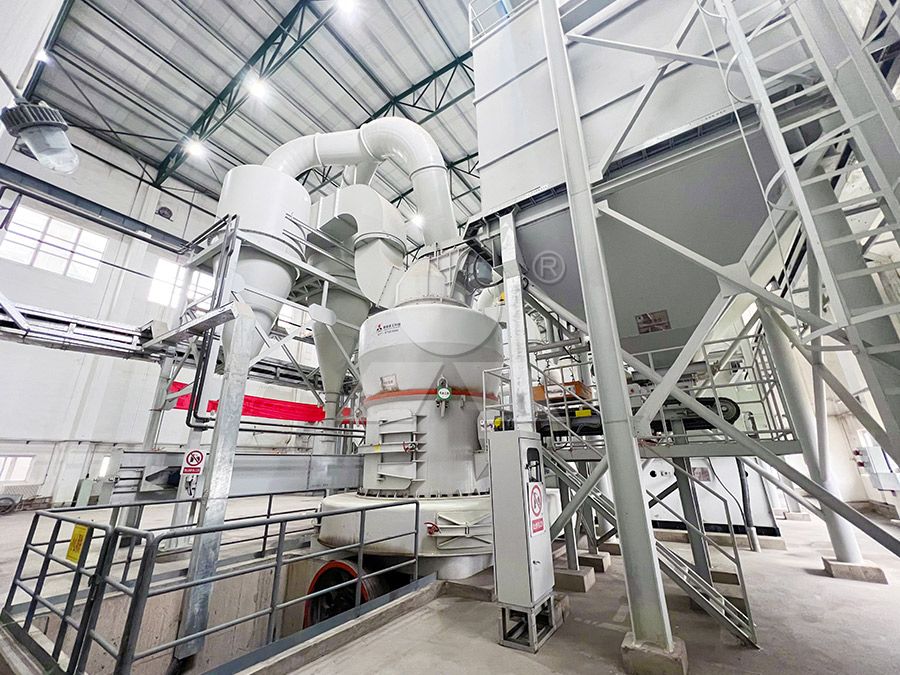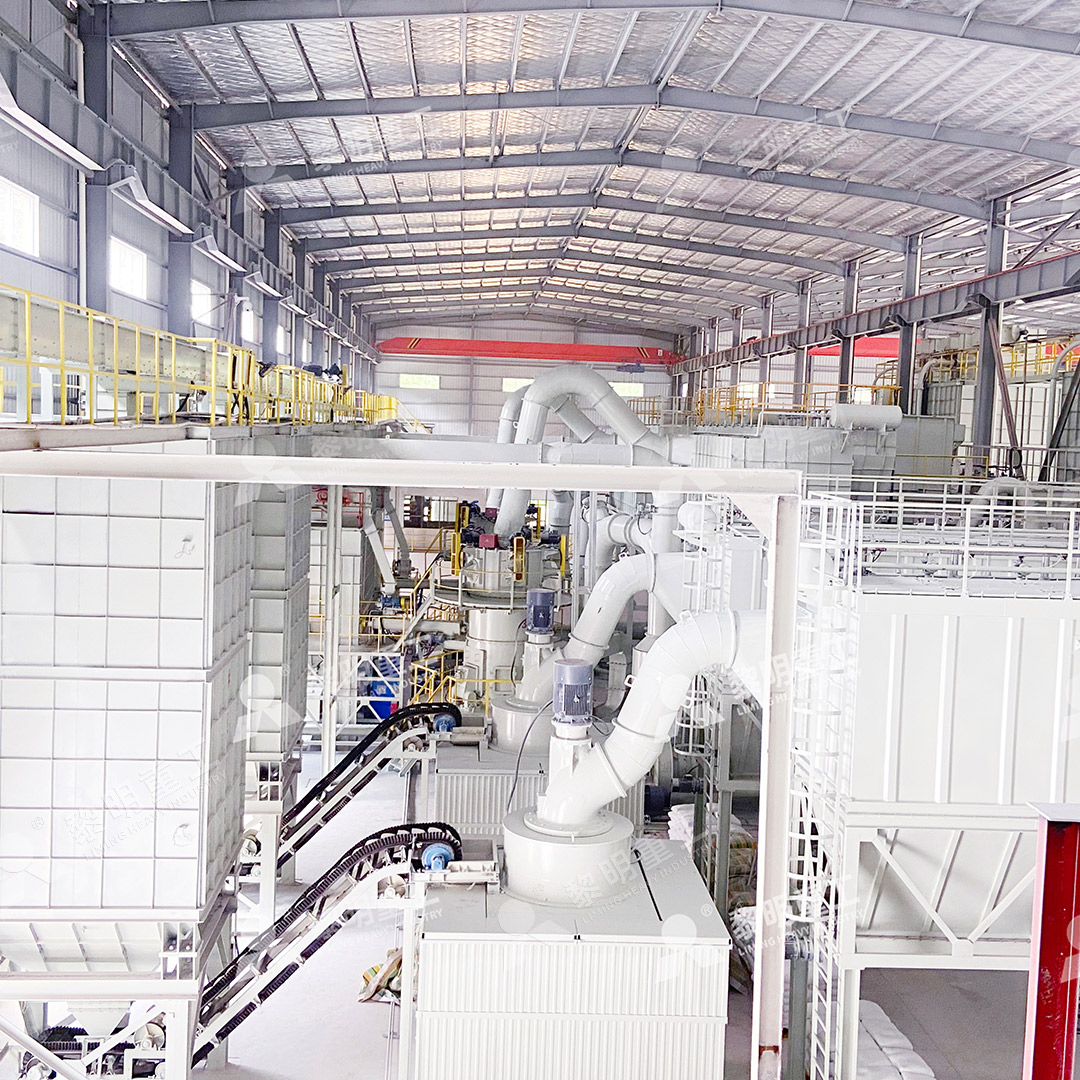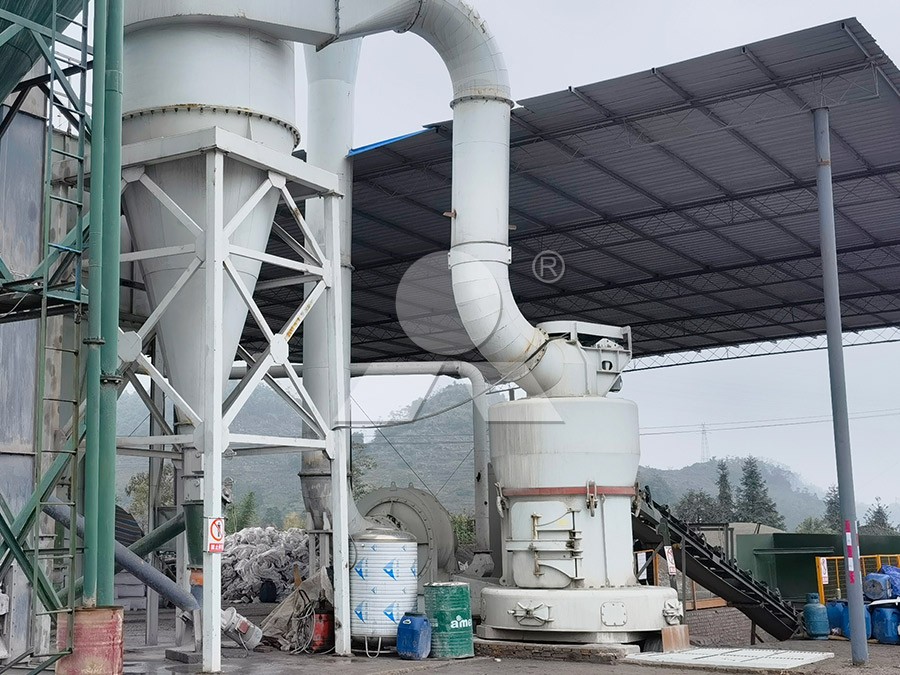Top 10 Limestone Grinding Mill Manufacturers for Industrial Use
We provide a wide range of mills — including Raymond mill, trapezoidal mill, vertical mill, ultrafine mill, and ball mill, obtained ISO9001 international quality certification, EU CE certification, and Customs Union CU-TR certification. Suitable for processing minerals such as limestone, phosphate, quicklime, kaolin, talc, barite, bentonite, calcium carbonate, dolomite, coal, gypsum, clay, carbon black, slag, cement raw materials, cement clinker, and more.
The discharge range of these mills can be adjusted to meet specific processing needs, typically from 80-400 mesh, 600-3250 mesh, and can achieve the finest particle size of up to 6000 mesh(D50).
If you are looking for a reliable grinding solution to turn stone or minerals into fine powder, please feel free to contact our online customer service.
Navigating the World of Limestone Grinding: A Manufacturer’s Guide
Selecting the right grinding mill for limestone processing is a critical decision that impacts operational efficiency, product quality, and overall profitability. The industrial sector is filled with numerous manufacturers, each claiming superiority. This article cuts through the noise to highlight key players and technologies, helping you make an informed choice for your specific application, whether it’s for construction materials, paints, plastics, or agriculture.
Key Considerations When Choosing a Mill
Before diving into manufacturers, it’s crucial to understand the factors that define a high-quality limestone grinding mill. Look for energy efficiency, consistent particle size distribution (crucial for product quality), low maintenance requirements, robust construction, and advanced dust collection systems to meet environmental standards. The ability to produce a wide range of fineness, from coarse aggregates to ultra-fine powders, is also a significant advantage.

Leading Manufacturers and Their Technologies
\n
The market is dominated by several established giants and innovative newcomers. Companies like Metso Outotec, FLSmidth, and ThyssenKrupp have long histories in providing robust, large-capacity grinding solutions, often based on ball mill and vertical roller mill technology. Meanwhile, firms like NETZSCH and ALPA focus on high-precision, ultra-fine grinding systems using advanced air classification and stirred media mills.
Chinese manufacturers, such as Shanghai Clirik Machinery and LIMING Heavy Industry, have made significant strides by offering cost-effective and technologically advanced mills. They have successfully integrated European engineering concepts with local manufacturing capabilities, providing excellent value.
A Spotlight on Innovative Solutions: The MW Series
Among the plethora of options, one product line that stands out for specific ultra-fine applications is the MW Ultrafine Grinding Mill. This machine is a game-changer for customers who need to make ultra-fine powder between 325-2500 meshes. What sets it apart is its ingenous design that eliminates rolling bearings and screws inside the grinding chamber. This might seem like a small detail, but it eradicates the common nightmares of bearing failures and loose screws causing catastrophic downtime.
Its higher yielding and lower energy consumption are a direct result of newly designed grinding curves of the roller and ring. With a capacity range of 0.5-25 tph, it’s perfect for dedicated fine powder production lines. The integration of an efficient pulse dust collector and muffler ensures the operation is not only productive but also environmentally responsible, keeping dust and noise pollution well within standards. For operations targeting high-value limestone products for cosmetics, pharmaceuticals, or high-grade paints, the MW series offers a compelling combination of precision, reliability, and eco-friendliness.

Beyond Ultra-Fine: The Versatile LUM Vertical Mill
For operations that require a different approach, the LUM Ultrafine Vertical Grinding Mill is another top-tier option. It’s a masterpiece of integration, combining ultrafine powder grinding, grading, and transporting in a single, compact unit. Its claim to fame is the adoption of the latest Taiwanese grinding roller technology and German powder separating technology.
A key feature is its reversible structure. LIMING’s engineers wisely considered the maintenance challenges posed by heavy grinding rollers. This design allows operators to easily and rapidly move the grinding roller out of the body for checking and replacing wear parts, drastically reducing maintenance time and shutdown losses. With an input size of 0-10 mm and a capacity of 5-18 tph, it’s a versatile workhorse for producing superfine dry powder from limestone and other non-metal ores.
The Verdict
Choosing the right manufacturer is less about finding a single “best” brand and more about finding the best technology for your specific limestone, desired output, and operational constraints. Established European and American brands offer proven reliability, while Asian manufacturers provide innovative features at competitive prices.

Technologies like the MW and LUM series from LIMING represent the industry’s move towards smarter, more efficient, and more maintainable designs. Always request test reports, speak to existing customers, and, if possible, conduct a material test with the manufacturer to see the results firsthand. Your perfect grinding partner is out there.
